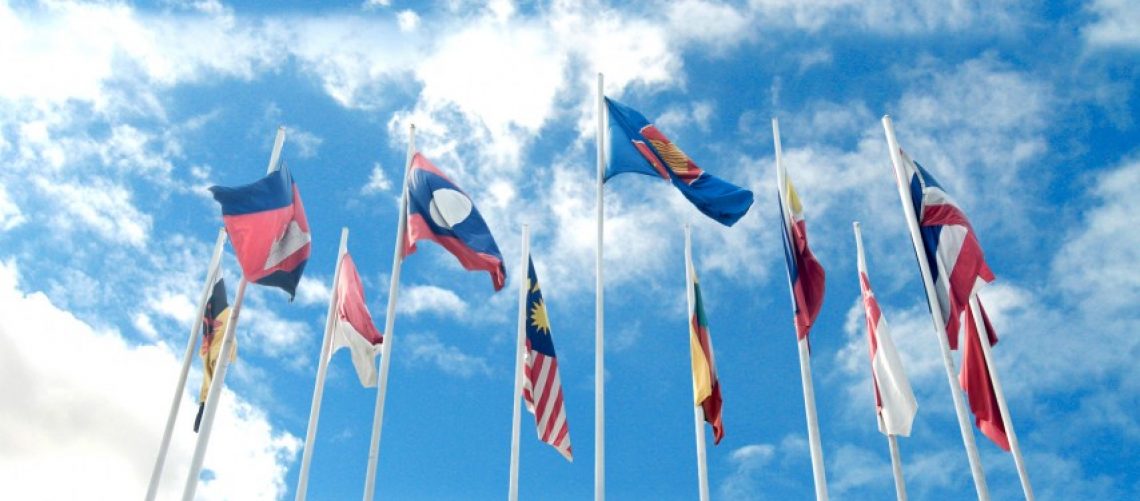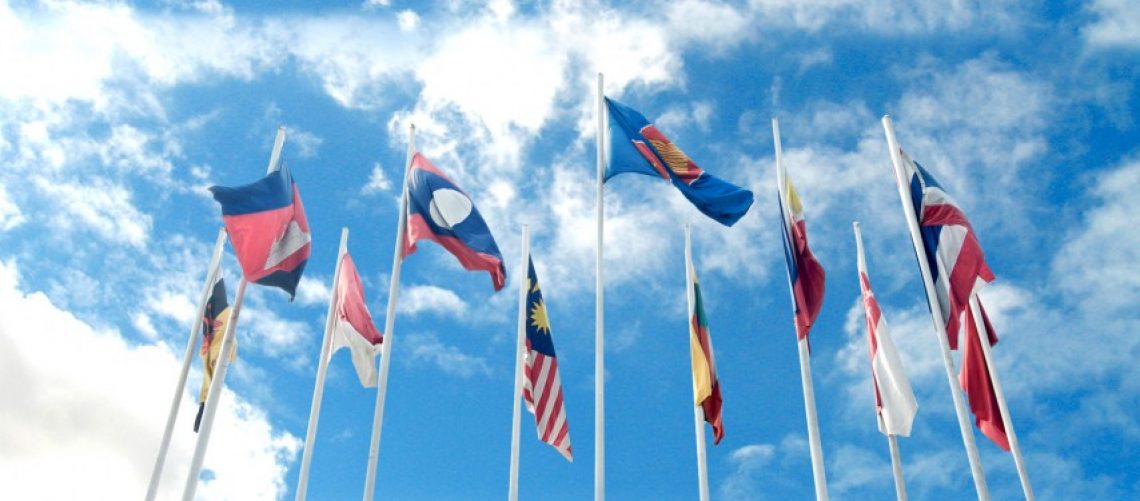The Deputy Secretary-General of ASEAN for ASEAN Economic Community, Mr S. Pushpanathan, today signed an implementation agreement with the Country Director of Deutsche Gesellschaft für Internationale Zusammenarbeit (GIZ), Ms Sabine Markert, to address food security and impact of climate change in ASEAN Member States. The “ASEAN-German Programme on Response to Climate Change: Agriculture, Forestry and related Sectors (GAP-CC)” was agreed in principle at the 32nd SOM-AMAF Meeting on 20-21 October 2010, after the project proposal was presented by representative from GIZ (which at that time was called GTZ). The programme aims to strengthen ASEAN’s capacity to advance the implementation of regional policies and strategies within Member States in contributing to food security, climate change adaptation, and mitigation in agriculture and forestry. “With the current development on climate change, ASEAN and Germany have the same concern in addressing the adverse impact of climate change on food security,” added Mr Pushpanthan. “We are happy to receive support from Germany to advance our joint efforts in adaptation and mitigation of climate change in agriculture, forestry and related sectors”. Ms Markert responded that GIZ looks forward to working together with ASEAN on the implementation agreement. Mr Pushpanathan took the opportunity to thank Germany for its continuous support in many sectors including capacity building for the ASEAN Secretariat; competition policy and law; sustainable port development, clean air for small cities; and ASEAN Centre for Biodiversity in which ASEAN and Germany are jointly working on. Earlier, on 10 November 2009, the 31st Meeting of ASEAN Ministers on Agriculture and Forestry (AMAF) had agreed that there is an urgent need to find solutions to the growing impact of climate change in agriculture and forestry sectors. As a result, the Ministers responsible for agriculture and forestry endorsed the ASEAN Multi-Sectoral Framework on Climate Change: Agriculture and Forestry towards Food Security (AFCC). The goal of AFCC is to contribute to food security through sustainable, as well as efficient and effective use of land, forest, water and aquatic resources. They agreed that these goals could be achieved by minimising the risks and impacts of and the contributions to climate change. The AFCC is considered as part of the overall efforts under the ASEAN Climate Change Initiative (ACCI). Later, during the 13th ASOF Meeting on 29-31 July 2010, Germany committed to support the implementation of the AFCC with three million Euro for three years (2011-2013). A project planning mission which took place from 23 June to 4 July 2010 concluded in an in-principle agreement which conceptualized the new ASEAN-German Technical Cooperation Programme on this issue. The agreement was signed today. The signing ceremony today was witnessed by the staff of ASEAN Secretariat and GIZ.
ASEAN Secretariat Signs Agreement with Germany to Address Food Security and Impacts of Climate Change
23 September, 2011








